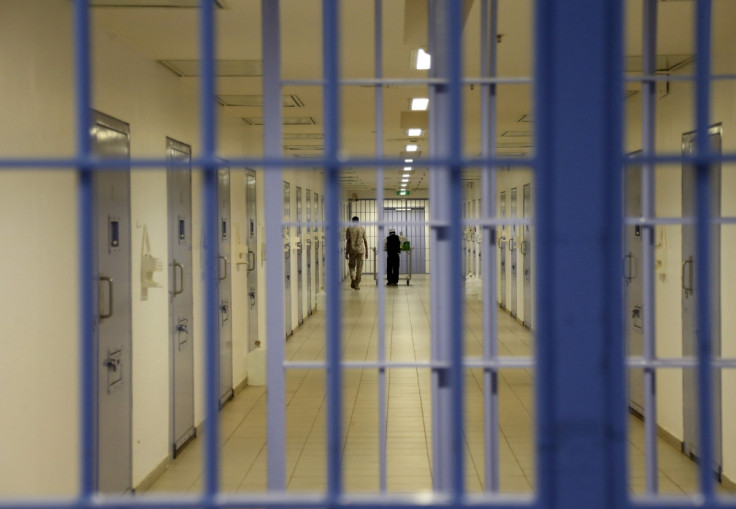Isolated prison could become a British Alcatraz for Isis terrorists held in UK

UK Prime Minister David Cameron is considering plans to build an isolated prison, dubbed the British Alcatraz, solely for Islamic terrorists. The plans are being considered amid fears that the 130 convicted militants in UK prisons could influence the rest of the incarcerated population.
For the last 50 years terrorists jailed in England and Wales have been split between six maximum security prisons. They are regularly moved in order to stop them building lasting friendships in prisons.
It is thought that any of the current dispersal prisons could be transformed to include a jail within a jail that would be segregated from the rest of the population. The dispersal prisons include Frankland near Durham, Full Sutton near York, Long Lartin in Worcestershire, Wakefield in West Yorkshire, Whitemoor in Cambridgeshire, and Belmarsh in south London.
But critics of the plans suggest that Guantanamo-style segregation could lead to extremists carrying out sophisticated attacks from the seclusion of their prison cells. According to Cameron there are currently 1,000 inmates considered at risk of radicalisation in British prisons, and in the speech earlier this week, he said he would "not stand by" and watch this happen.
Radicalisation threat
Cameron added that he is considering "changing the locations and methods for dealing with prisoners convicted of terrorism offences", to halt radicalisation. "We have around 1,000 prisoners who have been identified as extremist or vulnerable to extremism", the PM said.
What was Alcatraz?
Alcatraz Federal Penitentiary was opened on Alcatraz island in San Francisco Bay in August 1934. The prison was built to hold prisoners that caused trouble in other federal prisons – serial escapees, notorious murderers and crime bosses.
The prison was designed to isolate inmates from each other. Each cell held only one prisoner, and inmates were punished by being placed in the 'Hole' – a pitch-dark cell where no sound could penetrate for weeks at a time – or years in solitary confinement.
US authorities claim that no prisoner ever successfully escaped from Alcatraz. However, in June 1962, Frank Morris, John Anglin, and Clarence Anglin managed to get out of their cells and launch a boat into San Francisco Bay. They are believed to have drowned trying to reach the mainland, but their bodies were never recovered. The story of the escape was made into Don Siegel's 1979 Escape from Alcatraz.
"And we know, through intimidation, violence and grooming, some of these individuals are preying on the weak, forcing conversions to Islam and spreading their warped view of the world. We will not stand by and watch people being radicalised like this while they are in the care of the state."
A review conducted by Justice Secretary Michael Gove's office touches on the Islamist radicalisation in prisons, is being led by former Home Office official Ian Acheson. Its results are due to be published in March.
But terrorism expert Professor Roger Griffin told The Independent said the proposal "could create a hub of jihadist fanaticism in Britain" and "could actually create a command centre and relay station for Isis operations in Britain".
"If a unit could be created with counter-radicalisation imams and trained deradicalizers, this could be a very innovative scheme," said Griffin. "But, characteristically, this does not seem to be part of the government proposals."
A Ministry of Justice spokesman said: "The justice secretary has asked the department to review its approach to dealing with Islamist extremism in prisons. This is being supported by external experts and sits alongside the cross-government work currently under way in developing de-radicalisation programmes."
© Copyright IBTimes 2025. All rights reserved.




















